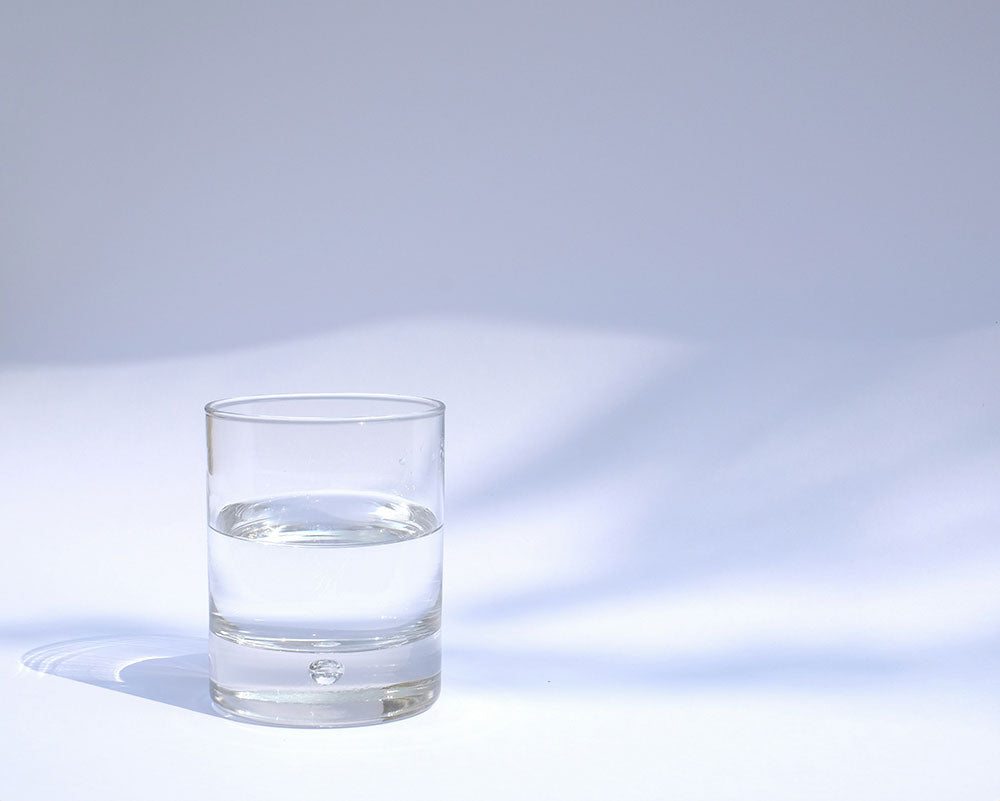Clean, pure water is essential for health. After all, 55–65% of the human body comprises water. Tap water is generally treated for bacteria and serious contamination, making it safe to drink. However, using a water filter offers peace of mind and can improve the overall quality of your drinking water.
Here are six top benefits of water filters, what to consider when buying one, and a selection of our favourite water filters to consider.
Benefits of Water Filters
A good quality water filter can improve water safety and how it tastes and smells. Here are six of the top reasons to install and use a whole home water filter, in-line filter, or countertop filter.
1. Better taste and odour
One of the most noticeable benefits of using a water filter is the improvement in taste and smell. Filters remove chlorine and other chemicals that can give tap water an unpleasant taste or odour, resulting in fresher, cleaner-tasting water.
2. Fewer contaminants
Depending on their level of filtration and their effectiveness, water filters can remove or reduce harmful contaminants such as:
- Lead, arsenic, and other heavy metals
- Bacteria
- Pesticides
- Some pharmaceuticals
- ‘Forever chemicals’ – per- and polyfluoroalkyl substances (PFAS)
Removing these can help support better health, especially for children, who are more vulnerable to the negative effects of lead on development.
3. More minerals
If you’ve been avoiding water filters over fears that they remove important minerals, it’s time to reconsider.
Water filter design is now so advanced that many filters actively remove harmful substances while retaining beneficial minerals like magnesium, calcium, and zinc. These minerals contribute to the water's taste and provide essential nutrients for bones, the immune system, muscle function, and much more.
4. Less limescale
Perhaps you’re less concerned about missing out on minerals and more concerned about limescale build-up damaging your home appliances? If so, the right kind of water filter can help.
In hard water areas, water filters can significantly reduce limescale, which helps to keep dishwashers, washing machines, and even your kettle and plumbing fixtures happy. This simple addition can dramatically extend the lifespan of some appliances and make them more efficient too.
5. Environmental benefits
Having filtered water on tap at home also means you can fill reusable water bottles without worrying about the taste and safety of tap water.
Clean, pure, filtered water can significantly reduce reliance on single-use plastic water bottles, which means less exposure to chemicals in plastic bottles and less plastic waste and pollution.
6. More affordable
Bottled water is expensive. And drinking contaminated water can be costly to health too.
So, although installing a water filter at home does require an initial investment, it’s usually more cost-effective in the long run.
What to Think About When Choosing a Water Filter
Now you know the benefits of water filters, it’s a good idea to understand the different types available. Here are some of the things it’s worth considering, so you can choose a system that meets your needs.
1. Filter type and fit
Water filters come in a variety of types, shapes, and sizes. These include:
- Basic jug filters
- Countertop water filters
- Under-sink systems
- Whole-house filtration systems
- Showerhead filters
- Water bottle filters
There are advantages and disadvantages to each kind, including cost, portability, and installation. Some under-sink systems, for instance, might need more space than your current kitchen layout allows. That might make a countertop or whole home filter a better choice.
2. Filtration technology
Different filters use different techniques to purify water. The simplest, more affordable filters tend to use activated carbon only, which is great for removing sediment and larger impurities. If you’re looking to clear water of chemicals, however, you’ll want to go with more advanced reverse osmosis filtration.
If your biggest concern is bacterial contamination, look for a system that includes an ultraviolet light to kill bacteria. Understanding the different filtration technologies can help you choose the most suitable option for your water quality concerns.
3. Filter lifespan and cost of replacement filters
Some filters need regular cartridge replacements, while others last a lot longer. Filter costs also differ, as does plastic waste associated with changing filters.
When choosing a system, look for filters that have longer-lasting cartridges that don’t break the bank (or pollute the planet) when the time comes to replace them.
4. Water quality
Finally, before choosing a water filter, know your enemy. That means testing your tap water or getting hold of your local water quality report. There’s little point shelling out for the most advanced system when your local utility does most of the hard work for you. Conversely, you don’t want to install a filter that only excels at removing sediment if your biggest challenge is actually chemical contamination.
Now you have a sense of the kind of filter you need, be sure to consider only those that are certified by reputable organisations. These include NSF International and the Water Quality Association. Each body has a variety of certifications to ensure the effectiveness of water filters across a range of contaminants. That means looking for a specific certification if you’re looking to target, for instance, PFAS or pesticides.
Popular Water Filter Options
We stock a range of water filters, meaning there’s sure to be a system that meets your needs.
Three of our favourite companies making water filters are Osmio, ZeroWater, and TAPP.
Osmio water filters
Osmio offers reverse osmosis systems, gravity-fed filters, bottle filters, and more. Osmio products are known for their high performance, and the company takes pains to innovate to help reduce single-use plastic.
One of the easiest, most efficient, and very affordable systems is the Osmio Zero. This countertop reverse osmosis system requires no installation and produces high-quality water with minimal waste.
ZeroWater filters
ZeroWater is another company known for its effective filtration systems. These typically remove up to 99.6% of total dissolved solids, and the ZeroWater 12-cup Ready-Read jug comes with a water quality tester, helping you to keep tabs on the purity of every cup of water.
TAPP water filters
TAPP is a great choice for easy-to-install faucet filters that effectively remove contaminants while retaining essential minerals. They're especially good if you don’t fancy installing a whole home system, are renting, and are looking for an eco-friendly solution that avoids a lot of plastic waste.
Whether you opt for an advanced system like Osmio's reverse osmosis filters, a Tapp faucet filter, or a simple jug filter like ZeroWater, cleaner, safer water is within reach. Check out our range of water filters and accessories.


